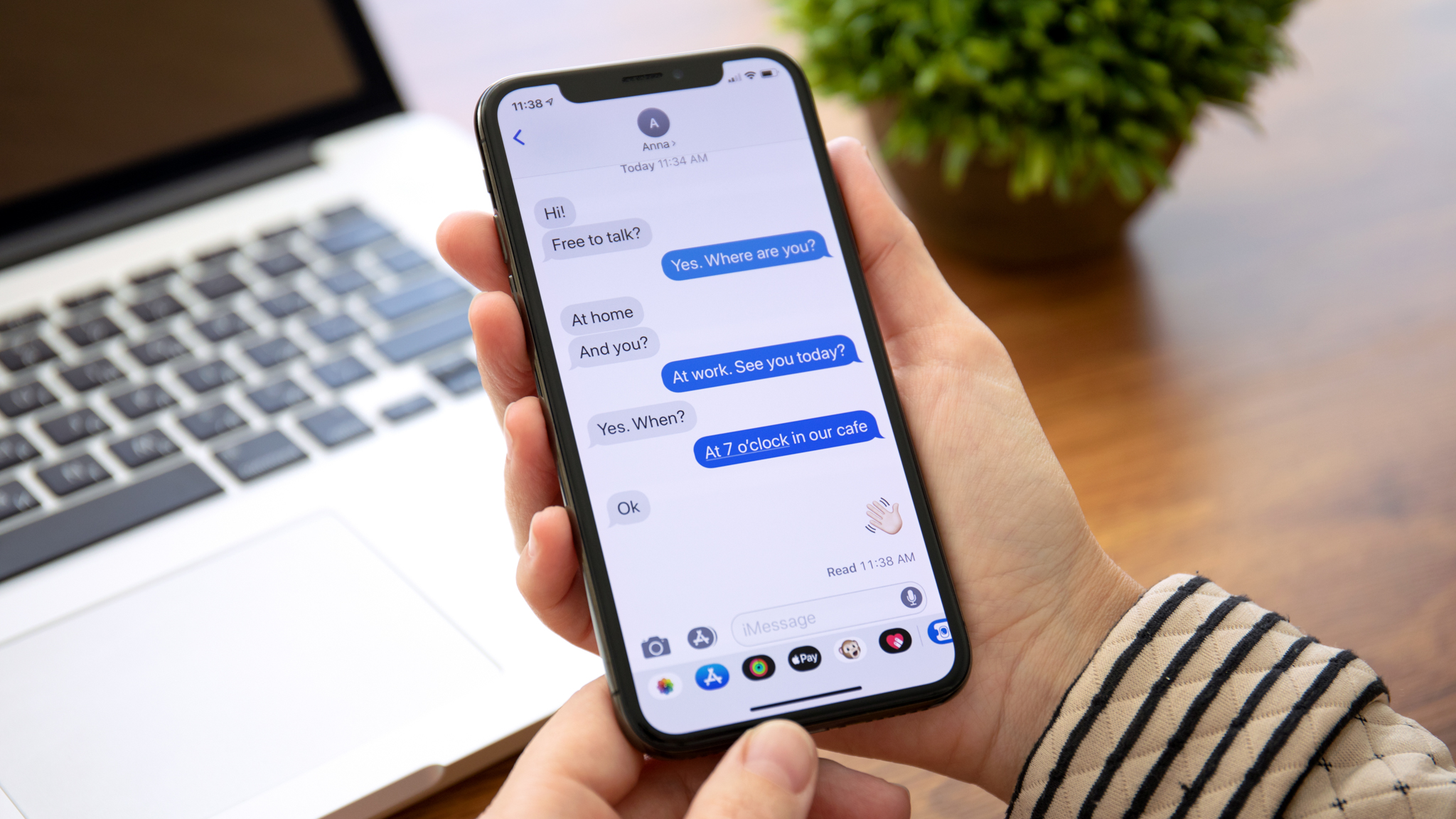Apple’s iMessage is one of the features that users love, at least in the U.S., but European regulators haven’t been as keen on the service. Its rich feature set and strong security greatly benefit Apple users, but it’s largely incompatible with other messaging services. A European Commission opened an investigation into iMessage to determine if it met the criteria of a “core platform service,” which would force Apple to open it to outside services, but the group recently announced that its findings do not support that path forward.
“Following a thorough assessment of all arguments, taking into account input by relevant stakeholders, and after hearing the Digital Markets Advisory Committee, the Commission found that iMessage, Bing, Edge, and Microsoft Advertising do not qualify as gatekeeper services.” The five-month investigation’s outcome was pleasing to Apple and Microsoft, but the Apple App Store, Safari, and iOS were deemed core services.
Meta wasn’t so lucky in the process, as WhatsApp and Messenger were designated as core platform services. That led to it opening WhatsApp to outside services, though they must comply with Meta’s terms and sign an agreement.
Apple won’t have to open iMessage, but it did announce support for the RCS messaging standard, which covers cross-platform communications. The company confirmed that the service won’t overtake iMessage, saying that it will “work alongside” the Apple service. However, unfortunately for frustrated Android users, the infamous “green bubbles” will remain for iPhone users. The difference now is that they show messages sent using RCS instead of SMS.
Apple has seen a few high-profile legal battles in recent months. Its case with Epic Games (Fortnight makers) continues to generate headlines, as Epic CEO Tim Sweeney has called the company’s tactics “hot garbage,” accusing the tech giant of malicious compliance.
